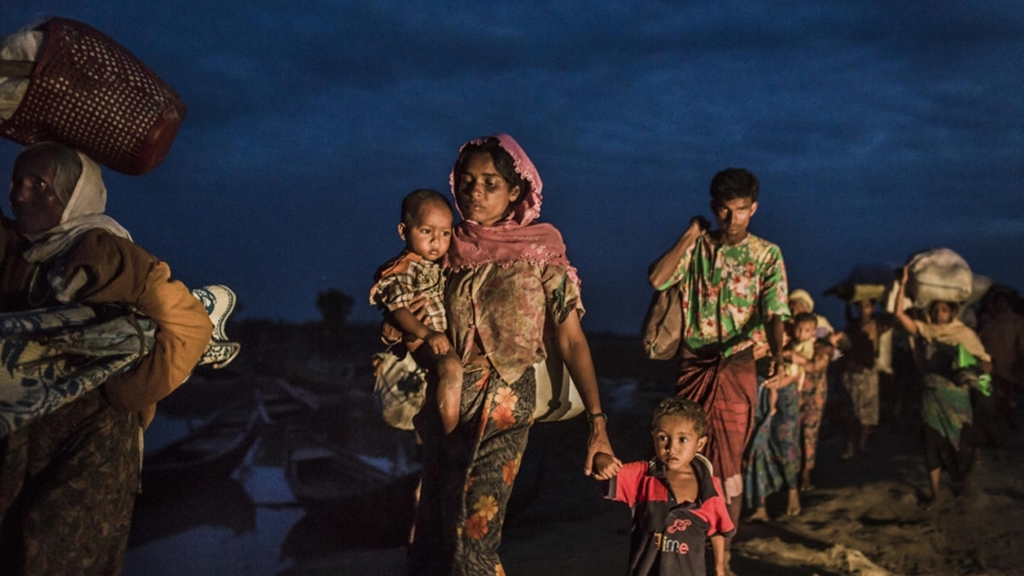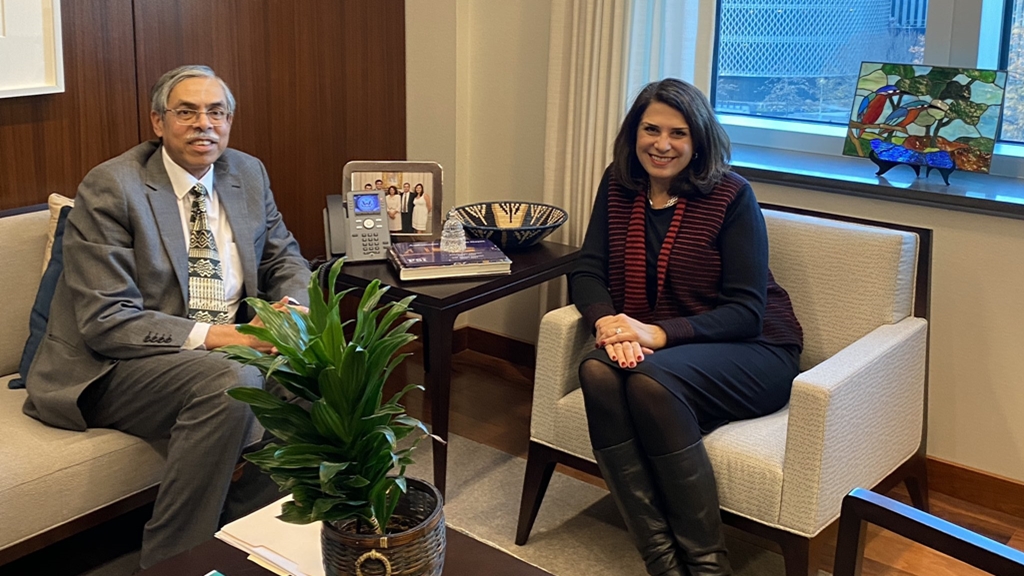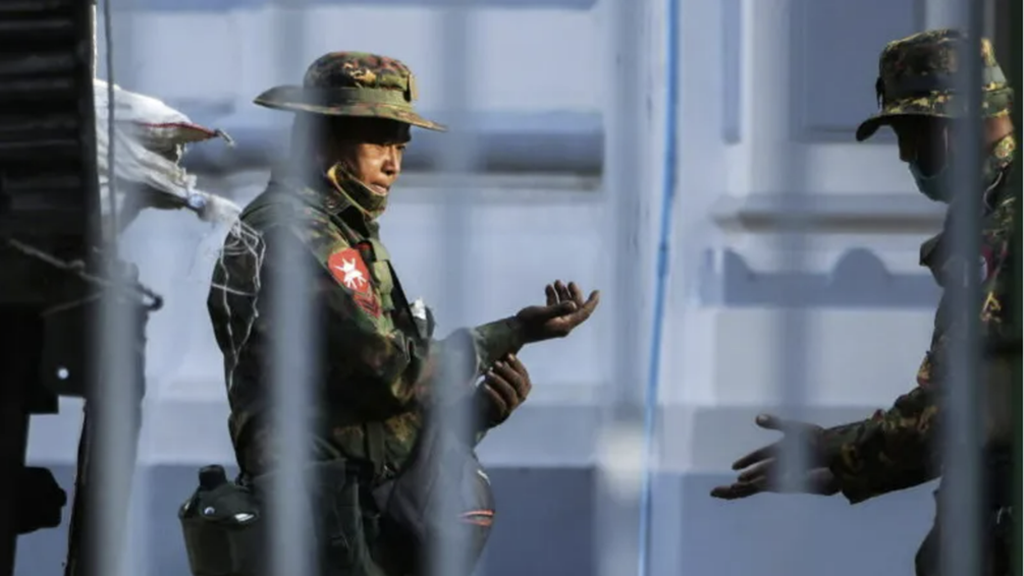
U.S. Inaction with Rohingya Genocide Echoes Past Sins
- 11/03/2020
- 0
By Gwyneth Bernier, Merion West
“More than 25 years after the Rwandan genocide, the United States’ current response—or lack thereof—to the state-sanctioned violence against the Rohingya Muslims in Myanmar is chillingly similar.”
In 1994, the Clinton Administration instructed its spokespeople not to characterize the daily massacres in Rwanda as “genocide,” even when senior officials believed that was precisely what was occurring. The administration wanted to avoid inciting public pressure for intervention (For context, the United States had just pulled American troops out of a disastrous U.N. peacekeeping mission in Somalia—later made infamous in the book Black Hawk Down—the year before.) In response, the federal government planned to avoid intervening in any conflict it couldn’t understand, between tribes it wasn’t familiar with, in a country where the United States had no national interests.
The United States kept its promise during the slaughter of the Tutsi minority in Rwanda, despite receiving intelligence about the bloody conflict in real-time. Embassies in Kigali published daily death tolls; for 100 days, an average of 8,000 people were murdered per day—all while the United States turned a blind eye. The American government received a flood of reports detailing victims being maimed by the militia, as well as Hutu gangs with rifles searching out children hiding in churches and school buildings. In total, the génocidaires wiped out 70% of Rwanda’s Tutsi population and raped half a million women. While the United States condemned the scale and brutality of the massacre, the government refused to call it “genocide” to avoid public pressure to intervene and stop the killings forcefully. In fact, no other country intervened either, as the entire world fell victim to a “bystander mentality.”
When the world came out of its stupor, the United States released a 1994 memo that rejected claims of American partial responsibility for the Rwandan genocide. However, four years later, President Bill Clinton expressed regret for not acting quickly enough (and for not immediately calling the crimes “genocide”) during a visit to Rwanda. He later admitted the United States alone could have saved more than 260,000 lives in Rwanda through military intervention. His overdue apologies fail to conceal that American inaction was not only a passive moral failure of our state but representative of a global evil.
More than 25 after the Rwandan genocide, the United States’ current response—or lack thereof—to the state-sanctioned violence against the Rohingya Muslims in Myanmar is chillingly similar. According to a much anticipated 2018 report by the State Department, “the recent violence in northern Rakhine State was extreme, large-scale, widespread, and seemingly geared toward both terrorizing the population and driving out the Rohingya residents.” It also details the systematic rape and targeting of women and children. However, the acknowledgment of these atrocities as “genocide” was glaringly absent from the report. The probe even stopped short of calling the events “crimes against humanity,” which would meet the legal standard allowing the International Criminal Court (ICC) to prosecute the perpetrators of this ethnic cleansing.
The American government’s reluctance to condemn the crisis in Myanmar as “genocide” is not indicative of diplomatic prudence but of the same willful ignorance it displayed during the massacre in Rwanda. Despite Myanmar’s recent democratization, the United States still lacks a strong vested interest in the South Asian nation and, for that reason, it is not likely to intervene. Furthermore, with the United States still reeling from involvement in Afghanistan and Iraq, the nation is hesitant to take forceful political or military action overseas.
The international community is far from unaware of the brutalities inflicted on the Rohingya people; a recent report by the U.N. Human Rights Council calls for top military officials in Myanmar’s army to face charges of genocide, and the International Criminal Court chief prosecutor opened an investigation into the massacre. However, most world leaders have once again chosen to follow the United States’ lead in refusing to label the events in Myanmar as “genocide.”
Why does the term “genocide” carry such importance? Because this label invokes politically charged images of the Holocaust, and it has the power to inflame public cries for action that the current administration is unwilling to take. This distinction is also an important legal one that governs if and how the ICC may act to prosecute the perpetrators of mass ethnic-based violence.
Since the crackdown began in 2015, the Rohingya have become the poster child of genocide; an estimated 43,000 Rohingya have perished, and 800,000 have become stateless fleeing persecution at the hands of Myanmar’s Buddhist majority government. These asylum-seekers are trapped in a tangle of bureaucracy, indifference, and lack of political will. The Rohingya have been called “the most persecuted people in the world,” yet the United States has stalled action for five years—twenty times as long as the Rwandan genocide. This the normalization of a humanitarian crisis. This is a moral failure of the United States.
In Eichmann in Jerusalem: A Report on the Banality of Evil, Arendt writes that, in order to prevent evil, we must “call a spade a spade.” In other words, we cannot ignore the atrocities of the world in an attempt to evade responsibility for them. Instead, we must call out evil with utter conviction. The United States knew the extent of Rwandan genocide before (and during) the mass violence but refused to act at the expense of hundreds of thousands of lives. Once again, the nation faces uncertainty amid a deliberate and widespread extermination of an ethnic group halfway across the world. The United States is morally obligated to publicly condemn the persecution of the Rohingya as “genocide.” More than that, it must live up to its self-promotion as a global beacon of liberty and human rights and take decisive action to avoid repeating history.
Gwyneth Bernier is a student at Duke University studying forced migration.







